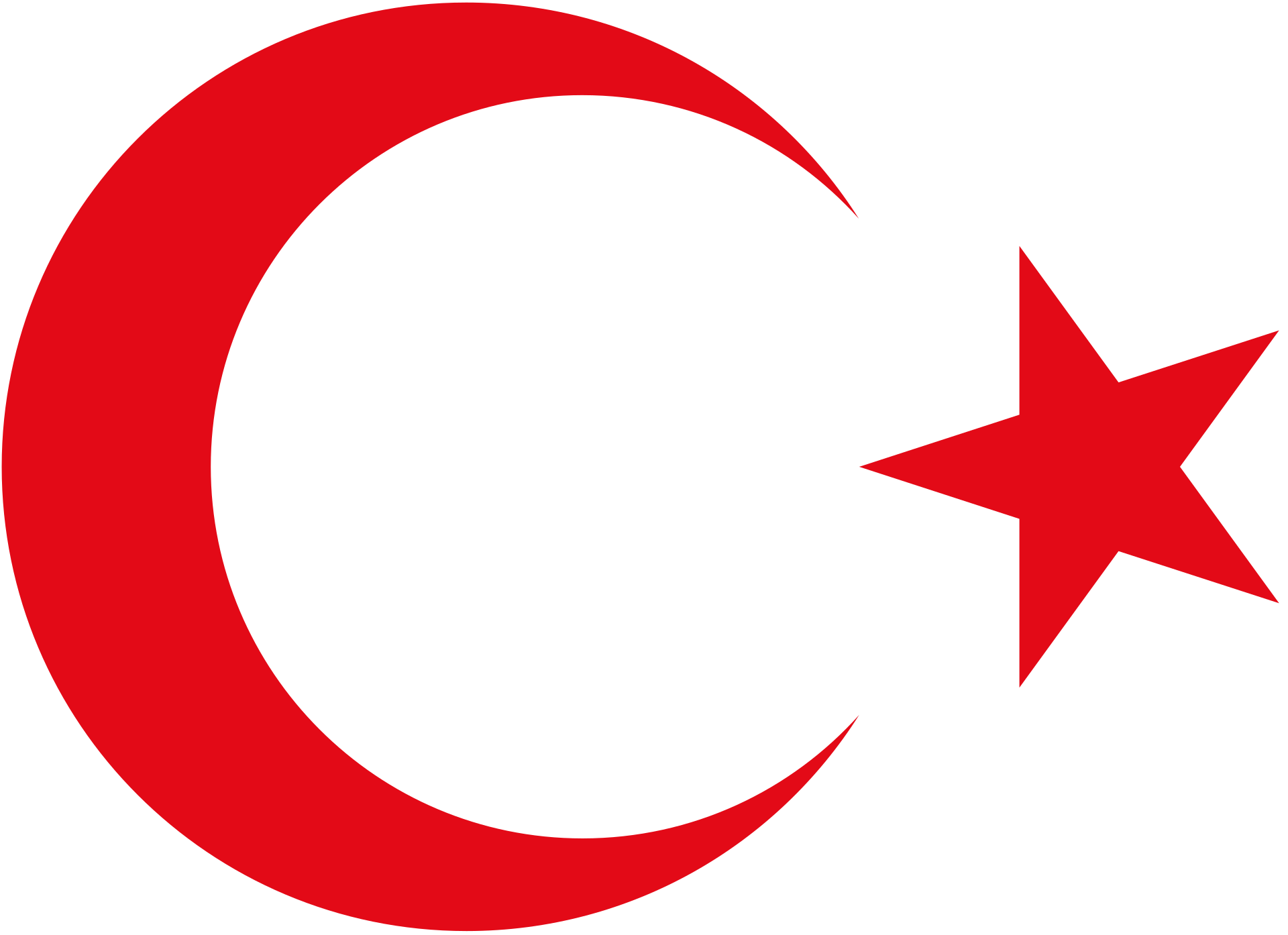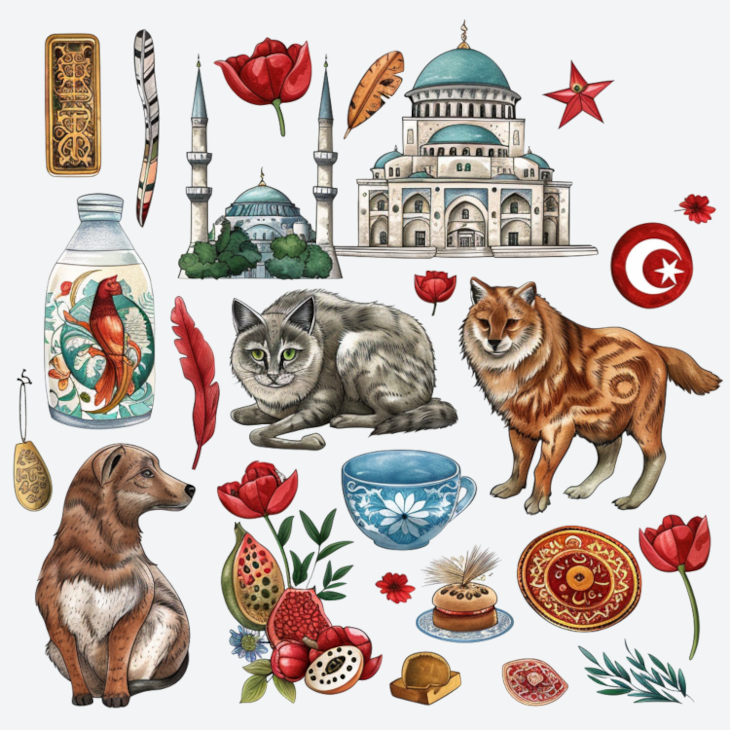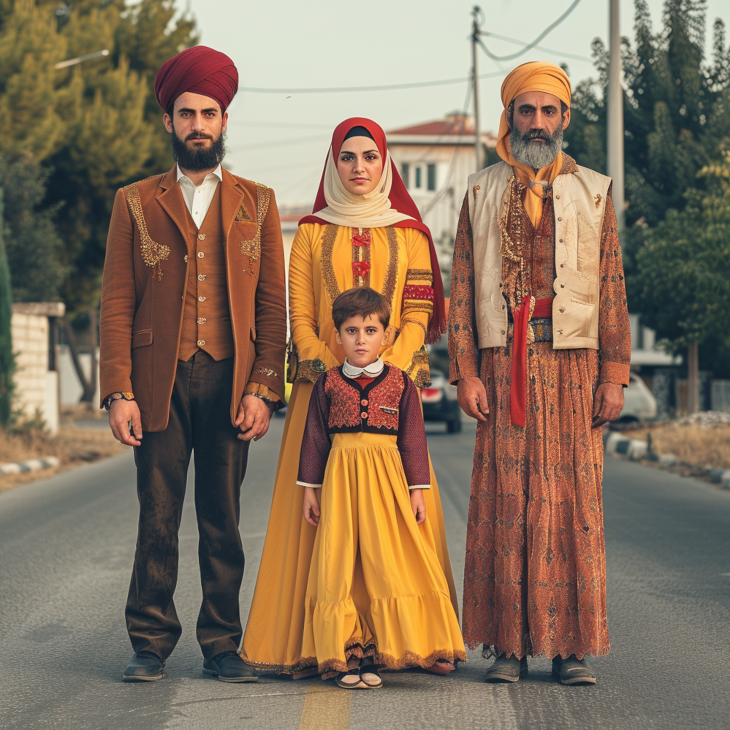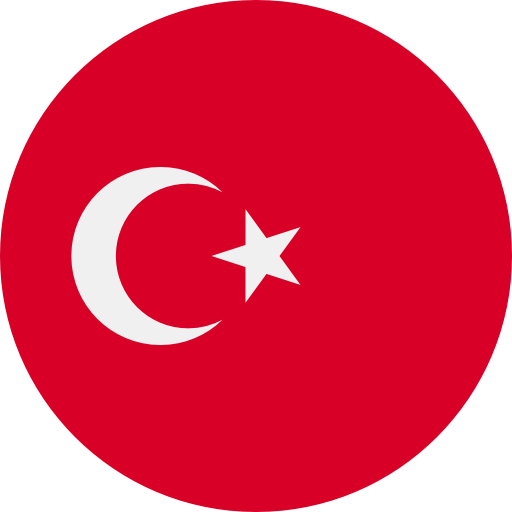About TR

Location
Turkey is located at the crossroads of Europe and Asia, with its territory spanning both continents. It is bordered by eight countries: Greece and Bulgaria to the northwest, Georgia to the northeast, Armenia, Azerbaijan, and Iran to the east, and Iraq and Syria to the south.
Capital
The capital city of Turkey is Ankara.
Population
As of the latest estimates, Turkey has a population of approximately 84 million people, making it one of the most populous countries in the region.
Area
Turkey covers an area of about 783,356 square kilometers (302,455 square miles), making it the 37th largest country in the world by land area.
Official Language
The official language of Turkey is Turkish.
Government
Turkey is a parliamentary republic with a democratic system of government. The President serves as the head of state, while the Prime Minister (now known as the President of the Grand National Assembly of Turkey) serves as the head of government. The Parliament of Turkey is a unicameral legislative body called the Grand National Assembly of Turkey.
Independence
Turkey was founded on October 29, 1923, following the Turkish War of Independence led by Mustafa Kemal Atatürk, who became the country's first President.
Currency
The currency of Turkey is the Turkish lira (TRY).
Economy
Turkey has a diverse and rapidly growing economy, with key sectors including manufacturing, agriculture, tourism, and services. It is considered one of the world's newly industrialized countries. Istanbul, Turkey's largest city, is a major financial and commercial hub.
Natural Features
Turkey boasts a diverse geography, including coastal plains, mountain ranges, plateaus, and fertile valleys. Notable natural landmarks include the Taurus Mountains, the Anatolian Plateau, the Black Sea coast, the Mediterranean coast, and the Aegean coast. The country is also home to unique geological formations such as Cappadocia's fairy chimneys and Pamukkale's travertine terraces.
Culture
Turkey has a rich cultural heritage influenced by its history as a crossroads between Europe and Asia, as well as by various civilizations that have inhabited the region over millennia. Turkish culture is known for its cuisine, music, dance, literature, architecture, and traditional arts such as ceramics, calligraphy, and carpet weaving.
Religion
The majority of Turkey's population is Muslim, predominantly Sunni. However, Turkey is a secular state with freedom of religion guaranteed by the constitution, and it has diverse religious communities, including Christians, Jews, Alevis, and other religious minorities.
Infrastructure
Turkey has developed modern infrastructure, including transportation networks (roads, railways, airports, and ports), telecommunications systems, healthcare facilities, and educational institutions. Major infrastructure projects, such as the Istanbul Airport and the Marmaray Tunnel, have contributed to the country's connectivity and development.
International Relations
Turkey is a member of various international organizations, including the United Nations, NATO, the G20, and the Council of Europe. It maintains diplomatic relations with countries around the world and plays an active role in regional and global affairs.
Tourism
Turkey is a popular tourist destination, attracting millions of visitors each year with its rich history, diverse culture, and natural beauty. Key tourist attractions include Istanbul's historic sites (such as the Hagia Sophia and the Blue Mosque), the ancient ruins of Ephesus and Troy, the Pamukkale hot springs, the fairy-tale landscapes of Cappadocia, and the turquoise waters of the Turkish Riviera.

National Items of Turkey
Gray Wolf
The Gray Wolf (Canis lupus) is an important national symbol of Turkey. It symbolizes strength, freedom, and the cultural significance of the wolf in Turkish folklore and history.
Tulip
The Tulip (Tulipa) is a national flower of Turkey. It represents beauty, purity, and the rich cultural heritage of the Ottoman Empire, which popularized the flower in Europe.
Red Pine
The Red Pine (Pinus brutia) is considered the national tree of Turkey. It symbolizes endurance, resilience, and the natural beauty of the Turkish landscape.
Turkish Angora
The Turkish Angora is a breed of domestic cat originating from Ankara. It symbolizes grace, elegance, and the rich biodiversity of Turkey.
Turkish Lira (TRY)
The Turkish Lira (TRY) is the currency of Turkey. It symbolizes the country's economic heritage and financial system.
Evil Eye (Nazar Boncuğu)
The Evil Eye amulet, known as Nazar Boncuğu, is a significant cultural symbol in Turkey. It represents protection against negative energy and bad luck.
Star and Crescent
The Star and Crescent is a symbol often associated with Turkey, especially seen on the national flag. It symbolizes the country's Islamic heritage and national identity.
Ankara Goat
The Ankara Goat, known for its fine mohair, symbolizes the rich agricultural heritage and textile industry of Turkey.
Turkish Coffee
Turkish Coffee is an integral part of Turkish culture and heritage. It symbolizes hospitality, tradition, and the rich culinary heritage of Turkey.
Blue Mosque (Sultan Ahmed Mosque)
The Blue Mosque in Istanbul is one of Turkey's most iconic landmarks. It symbolizes the country's architectural heritage, religious significance, and historical importance.
Whirling Dervishes
The Whirling Dervishes, part of the Sufi tradition, symbolize the spiritual heritage, religious practices, and cultural traditions of Turkey.
Kebab
Kebab is a popular Turkish dish that symbolizes the rich culinary traditions and diverse flavors of Turkish cuisine.
Ephesus
The ancient city of Ephesus represents the rich historical and archaeological heritage of Turkey. It symbolizes the country's ancient civilizations and historical significance.
Atatürk
Mustafa Kemal Atatürk, the founder of modern Turkey, symbolizes national pride, modernity, and the significant reforms that shaped the Republic of Turkey.
Turkish Delight (Lokum)
Turkish Delight is a traditional confectionery that symbolizes the rich culinary traditions and cultural heritage of Turkey.
Pamukkale
Pamukkale, known for its thermal waters and terraces of travertine, symbolizes the natural beauty and geological wonders of Turkey.

The national anthem of Turkey is called "İstiklal Marşı" (Independence March). Here are the lyrics in the original Turkish language along with an English translation:
Korkma, sönmez bu şafaklarda yüzen al sancak;
Sönmeden yurdumun üstünde tüten en son ocak.
O benim milletimin yıldızıdır, parlayacak;
O benimdir, o benim milletimindir ancak.
Çatma, kurban olayım çehreni ey nazlı hilâl!
Kahraman ırkıma bir gül... ne bu şiddet bu celâl?
Sana olmaz dökülen kanlarımız sonra helâl,
Hakkıdır, Hakk’a tapan, milletimin istiklâl!
Ben ezelden beridir hür yaşadım, hür yaşarım.
Hangi çılgın bana zincir vuracakmış? Şaşarım!
Kükremiş sel gibiyim; bendimi çiğner, aşarım;
Yırtarım dağları, enginlere sığmam, taşarım.
Garb’ın âfâkını sarmışsa çelik zırhlı duvar;
Benim iman dolu göğsüm gibi serhaddim var.
Ulusun, korkma! Nasıl böyle bir îmânı boğar,
“Medeniyet!” dediğin tek dişi kalmış canavar?
Arkadaş! Yurduma alçakları uğratma sakın;
Siper et gövdeni, dursun bu hayâsızca akın.
Doğacaktır sana va’dettiği günler Hakk’ın...
Kim bilir, belki yarın… belki yarından da yakın.
Bastığın yerleri “toprak!” diyerek geçme, tanı!
Düşün altındaki binlerce kefensiz yatanı.
Sen şehîd oğlusun, incitme, yazıktır atanı;
Verme, dünyâları alsan da, bu cennet vatanı.
Kim bu cennet vatanın uğruna olmaz ki fedâ?
Şühedâ fışkıracak, toprağı sıksan şühedâ!
Cânı, cânânı, bütün varımı alsın da Hudâ,
Etmesin tek vatanımdan beni dünyâda cüdâ.
Ruhumun senden, İlâhî, şudur ancak emeli:
Değmesin ma’bedimin göğsüne nâ-mahrem eli!
Bu ezanlar ki şehâdetleri dînin temeli,
Ebedî yurdumun üstünde benim inlemeli.
O zaman vecd ile bin secde eder –varsa– taşım;
Her cerîhamdan, İlâhî, boşanıp kanlı yaşım,
Fışkırır rûh-i mücerred gibi yerden na’şım;
O zaman yükselerek Arş’a değer, belki başım.
Dalgalan sen de şafaklar gibi ey şanlı hilâl;
Olsun artık dökülen kanlarımın hepsi helâl.
Ebediyen sana yok, ırkıma yok izmihlâl:
Hakkıdır, hür yaşamış bayrağımın hürriyet;
Hakkıdır, Hakk’a tapan milletimin istiklâl.
Fear not, the crimson banner that proudly ripples in this glorious dawn,
For within its folds, lies the destiny of a victorious homeland.
Yes, before the last fiery hearth that is ablaze within my nation is extinguished,
The last remaining spark of that even in my nation is extinguished,
My homeland shall shine bright with the light of the stars!
Do not be afraid! For the red flag that proudly billows in this glorious dawn,
Is an eternal witness to the spirit of a valiant nation.
It is an invincible reminder of a people who are confident and secure!
This blood, freely spilled by my ancestors,
Is a gift to the Altar of Liberty.
From the moment my determined people spill this blood
It surely and defiantly shouts: The nation shall live on!
What is the compulsion that constrains you to bow before every tyrant?
Tell me, what are the fetters that hold you captive?
Behold your reflection in the murderous swords
And let your heart question you.
Fear not! Because I am the fearless avalanche!
I shall soon tear apart the mountains, exceed the heights of the skies,
And still I shall take flight and conquer even the mightiest mountain!
And I shall keep expanding, always rising to the heavens,
With my faith forever shining brighter than steel!
For I have faith in my people and in my own self,
And I trust in the promise of my God.
Therefore, with my mind and heart,
I shall walk with the serenity of a king
As I face the world and say:
The homeland shall live on!
O martyrs! I promise you with all my heart.


